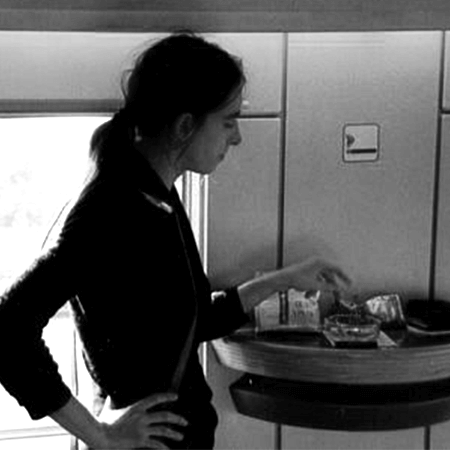
Liesbeth De Mol
CRCN (permanent researcher) at CNRS
Liesbeth De Mol is a researcher of the French National Research Foundation (CNRS) based in Lille. She studied art history, archaeology and philosophy in Gent and obtained her PhD degree in philosophy in 2007. Her work is driven by the conviction that we are strongly in need of a deeper and independent reflection on computing and programming. In her own work, this is done by developing historical, epistemological and foundational questions that challenge common ways of thinking. She has worked on the history and philosophy of computability; the reciprocal histories between mathematics, computing and engineering as well as the historical and epistemological connections, or lack thereof, between logic and computer science. She got into programming during her PhD research on a specific class of formal devices known as tag systems and which required, at a certain point, a computer-assisted approach. She is an advocate of history and philosophy of computing which does not shy away from technical expertise and practice.
She has published in a variety of venues which reflects her a-disciplinary stance. She is also the founding president of the DHST/DLMPST commission for the history and philosophy of computing and, currently, also the PI for the ANR research project PROGRAMme on the history and philosophy of computer programs.
Past Activities
Code Mesh LDN
11.25 - 12.10
What is a computer program? Historical and philosophical reflections
What is a computer program? This seemingly simple question, which lies at the heart of computer science, has no simple answer today, neither in academia nor in industry. The responses one gives to it affect very real problems which concern not just the so-called (everyday) User but anyone (scientists, programmers, children, politicians, managers, artists, mathematicians, etc) who relies on computing for some reason. Some examples are: who is responsible if a given piece of software fails? and should we apply patent or copyright law or neither to software?
The aim of this talk is to develop this question from a more historical and philosophical angle. It will be argued why we need to take this question seriously and how, ultimately, it results in the need for an approach which crosses disciplinary boundaries in a non-trivial manner. The argument will be substantiated with several historical cases to show how some of the most basic assumptions we tend to make are incorrect.
THIS TALK IN THREE WORDS
Epistemology
Computer programs
Crossing boundaries
OBJECTIVES
To show the need for more history and philosophy in programming.
TARGET AUDIENCE
Anyone who cares for basic reflection.